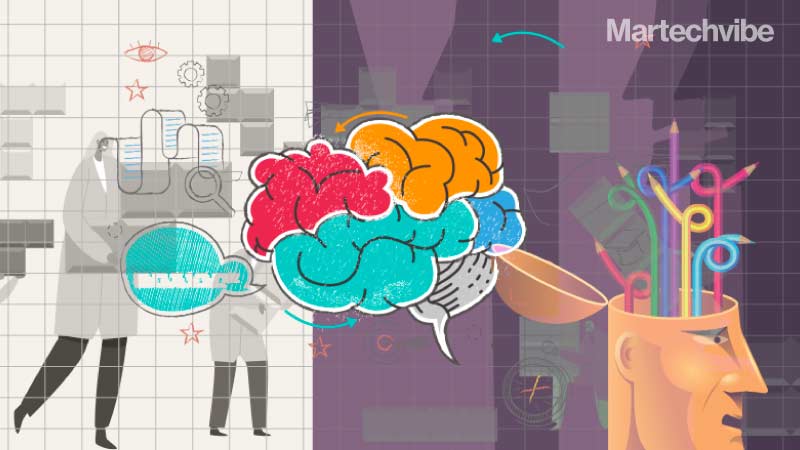No One Has an Unbiased View of Reality
Brands that want to influence customer behaviour must begin with understanding it. Behavioural data is the gold standard because it’s a direct measure of what consumers care most about, says Patrick Fagan, a behavioural scientist and CX consultant.
Topics
What to Read Next
- Structured Unveils AI-Native Partner Marketing Execution Platform
- Sinch Introduces Agentic Conversations to Scale AI Agents Across Channels
- Precisely Expands Data Integrity Suite with New AI Agents
- OUTFRONT Media Signs Multi-Year Partnership with AdQuick
- Freestar Introduces pubOS, a Unified Publisher Operating System

“We all live in a reality which is mostly constructed in our heads,” says Patrick Fagan, a behavioural scientist who has made a career in applying psychology to create persuasion or influence behaviour in the real world. For over a decade, Fagan has worked with brand teams to help them better understand their audiences, optimise external communications, and nudge customer behaviours.
Can we move beyond demographic data? Marketing campaigns that focus on demographic and generational segments are probably better than nothing, says Fagan. There is obvious merit in it. For example, Ozzy Osbourne and King Charles are demographically very similar (both white British men of a similar age who love dogs), but their personalities are quite different. Brands that want to influence customer behaviour must begin with understanding their customer beyond demographic and transactional data.
Behavioural data is the gold standard
Instead, Fagan suggests focusing on personality segments that are more nuanced – they inform what to say and how to say it, including things like tone of voice and aesthetics.
“Behavioural data is the gold standard because it’s a direct measure of that which you care most about. It can be used to see what’s working (or not), and you could build all sorts of sci-fi predictive models on top to read your customers’ minds,” he said.
Marketers need to build predictive models on top of this data in order to tailor experiences. Fagan suggests sending a psychometric survey to your customers and then using machine learning to model the results across the whole database. Then, you know which segment a customer falls into and what their values are, and you can use this to create the experience that will be most resonant and persuasive for them.
How does your customer see the world?
Fagan’s work revolves around impacting decision-making. He has previously published peer-reviewed papers on topics ranging from Facebook psychology to facial expressions.
Social schemas play a significant role in how we see the world. It refers to a cognitive structure of organised information, or representations, about social norms and collective patterns of behaviour within society. “No one has an unbiased view of reality. Many people base their social interactions on what they have seen in Friends or Love Island. This includes what’s cool, what’s acceptable, what’s possible, and so on.”
“Communication platforms like televisions can define reality by changing what’s in people’s heads. This is an incredible tool for behaviour change. In more scientific terms, it’s about representing the world in a certain way to make people think a brand is familiar, well-used, and attractive.”
Future CX Leaders
According to Fagan, future CX professionals need to invest in teaching themselves how to use behavioural science and data science. “Apart from that, the most crucial skill as we move into the Fourth Industrial Revolution will probably be adaptability. Sweeping tech changes are coming, and it will be the survival of the fittest.”
Patrick Fagan will be a keynote speaker on the first day and will also conduct a workshop for pre-registered delegates on the second day of CX NXT – the Customer Experience summit, in the Kingdom of Saudi Arabia, which will take place on 14 and 15 March 2023 at voco, Riyadh.









































































































